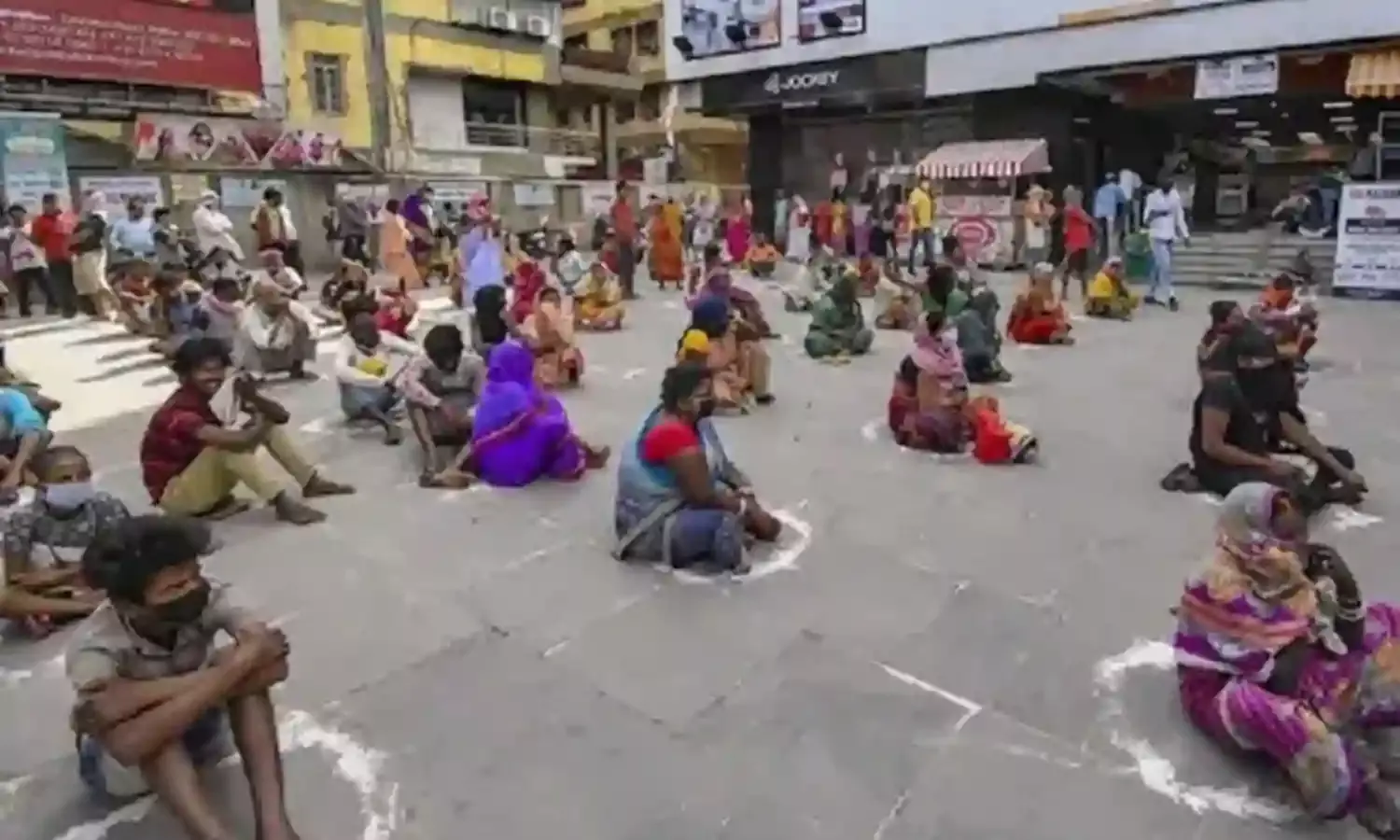The Mental Health Care Gap in Bihar
Crucial to address challenges as Bihar grapples with the compounded effects of coronavirus;

As a populous state with a relatively young demographic, Bihar has various challenges to tackle from unemployment, lack of quality education and health to violence against women and caste-based oppression. Added to that, this year, the government also needs to look into the social and economic consequences of Covid-19. These challenges share a two-way relationship with mental health that is best explained with an example.
A person is more vulnerable to acute stress and depression if they are unemployed or face financial instability. On the other hand, a person with a mental health condition is more likely to lose their job and get excluded from society if they don’t receive the care and treatment they require. Given how it is tied to social welfare indicators, mental health is imperative to sustainable development, and should be prioritised by the newly elected government.
Even today, a large percentage of the state’s population does not have access to affordable and acceptable mental health care and treatment due to systemic gaps in planning, regulation, and budget allocation. Less than 1% of Bihar’s healthcare expenditure is directed towards mental health and though part of this budget goes to the District Mental Health Programme (DMHP), the distribution of services is inequitable. Only five public health facilities have the capacity to take in persons with severe mental health issues, and these are concentrated in and around Patna, the state’s largest city. This means that the rural majority must incur additional travel expenses to get the required mental health care and treatment, which is already exorbitant. For perspective, according to the National Mental Health Survey 2016, the monthly cost of medicines and conveyance is INR 1000 to 1500, much beyond what the common public can afford.
The mental health care gap is also due to the significant lack of trained professionals. In Bihar, the total number of people working in the field of mental health across all public health institutions is 0.22 per 100,000 of the general population. From this total, a significant proportion of 6.6% are specialised in psychiatry. None of the medical institutions in the state offer any training on psychiatric nursing, psychiatric social work, and other relevant courses that can help in providing better services to the broader public at lesser costs.
Added to that, even when one can access the mental health system, the quality of services is wanting. A recent study by the Asian Development Research Institute 2020 stated that all the service users at Bihar’s mental health hospital in Koilwar were admitted there against their will, and the use of physical restraint and seclusion was not unheard of.
Now more than before, it is crucial to address these challenges as Bihar’s people grapple with the compounded effects of coronavirus. Certain groups such as migrant labour and young adults may be more vulnerable to distress, and without adequate support, if their mental health needs are not met, a large majority could slip into poverty and social exclusion. This can have a long-lasting impact for individuals and families, across generations. To prevent such a downward turn the state could begin by implementing the existing law better.
The Mental Healthcare Act of 2017 (MHCA) promotes the rights of persons with mental illness in all settings to ensure that they are not discriminated against and have the same opportunities as others in terms of employment, social participation, civil rights, and exercising choice. The National Mental Health Policy 2014 (NMHP), on the other hand, encourages a de-centralised model of care that can operate at the community level to reach the marginalised and vulnerable populations.
MHCA requires all states to set up a State Mental Health Authority (SMHA) that is responsible for:
. the registration and regulation of mental healthcare establishments and professionals,
. developing minimum standards for service provision, and
. conducting audits to ensure that the set standards are met.
Further, the Act also mandates that Mental Health Review Boards (MHRBs) be established at the district level to address complaints against deficits in mental health services and provide redressal.
If the MHCA and the NMHP are implemented in letter and spirit, where the government follows through on the above mentioned provisions, Bihar will have taken an important step in ensuring the welfare of its people at a time when they need it most.
The ‘Bridge the Care Gap’ campaign calls for better implementation of the laws and policies that safeguard the rights of persons living with mental health issues, and provide accessible and quality mental health services.

